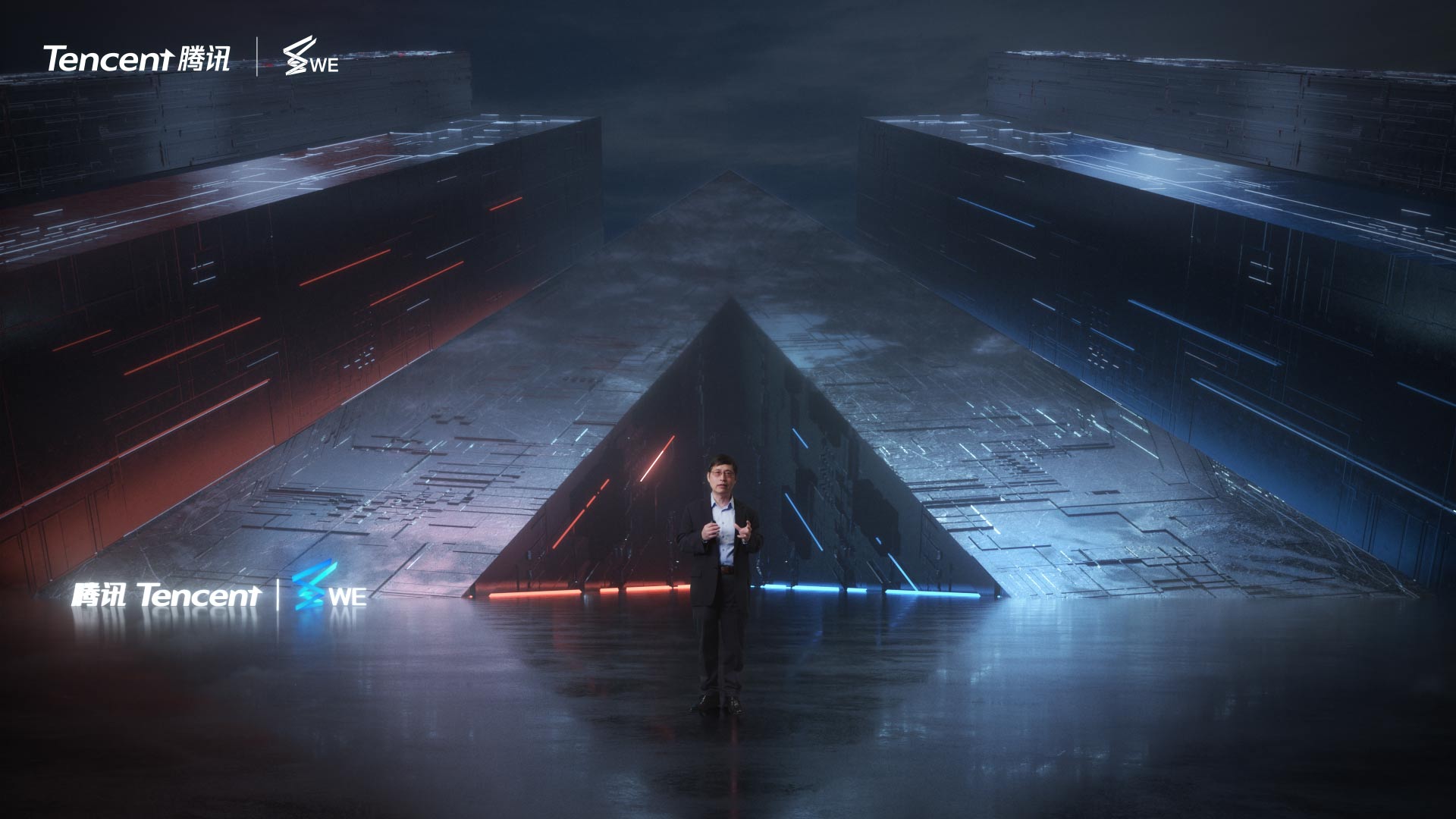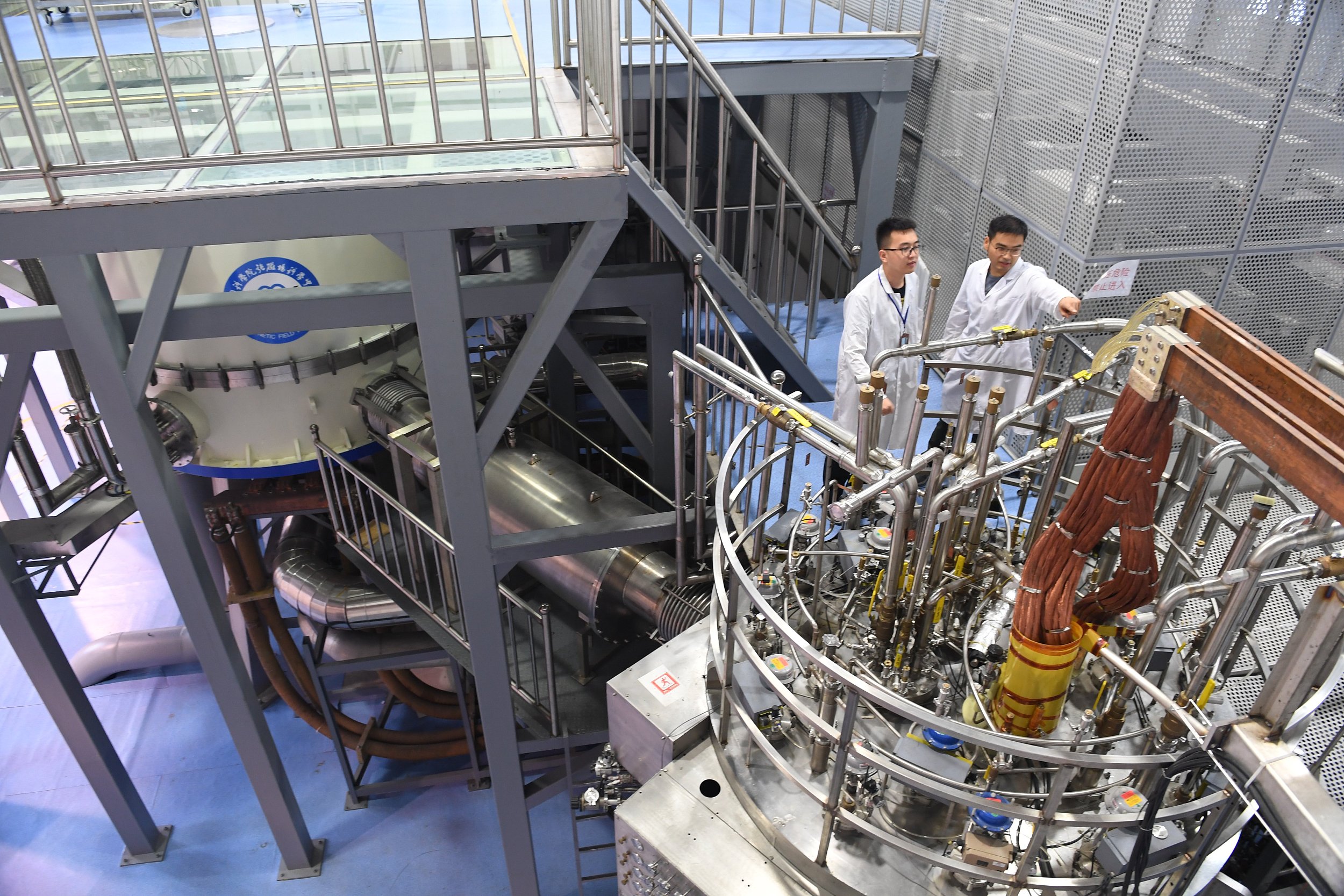EVs powered by all-climate batteries to debut at Beijing Winter Olympics

Wang Chaoyang at the Tencent WE Summit. (Photo provided by Tencent)
Electric vehicles powered by all-climate batteries are to debut at the Beijing Winter Olympics, thanks to a technological breakthrough by a team headed by Wang Chaoyang, a professor at Pennsylvania State University and a member of the U.S. National Academy of Inventors.
Three consecutive years of field fleet tests in extreme cold areas have fully verified the performance of this new type of battery.
"The problem of lithium batteries not being resistant to low temperatures has been solved," declared Wang at the Tencent WE Summit on Nov. 6. He pointed out that energy storage technology is a key core technology for achieving the energy revolution and realizing the goals of peak carbon and carbon neutrality.
According to Wang, the structure of batteries has evolved little over the past 200 years. "Regardless of whether we are using a battery or not, its reaction interphase has been working all the time," Wang said, stressing that it is the root cause of battery fatigue and safety hazards.
Wang's team had been looking for a battery with a controllable interphase and finally invented the all-climate battery. Without increasing the flammability of the electrolyte or changing the thermal stability of the electrode material, they implanted a piece of nickel foil with a thickness of 10 microns inside the battery to act as a heating element. Using a switch, the activity of the battery can be adjusted at will. For a battery completely frozen in an environment of minus 30 degrees Celsius, it only takes 30 seconds to self-heat to above zero degrees and function normally.
This invention has been adopted by the 2022 Beijing Winter Olympics as one of the core technologies to power its Olympic electric vehicles.
The team has also come up with a 10-minute fast charging battery. Its application and promotion will become an important milestone in the development of electric vehicles, Wang noted.
One of Wang's dreams is to be able to take a flying car to work. Batteries equipped in such vehicles would need to be recharged immediately after each landing. "Our experiments have confirmed the feasibility of equipping flying cars with 10-minute fast charge batteries," Wang said.
He believes that innovation requires persistence and perseverance, and is confident that the next decade will witness huge opportunities for innovation in the fields of battery and energy storage.
Content created in partnership with Science and Technology Daily.

